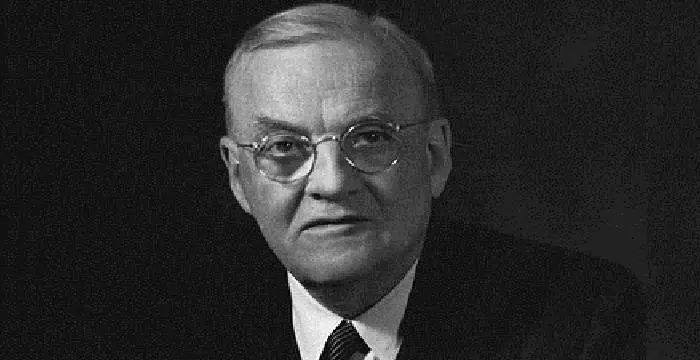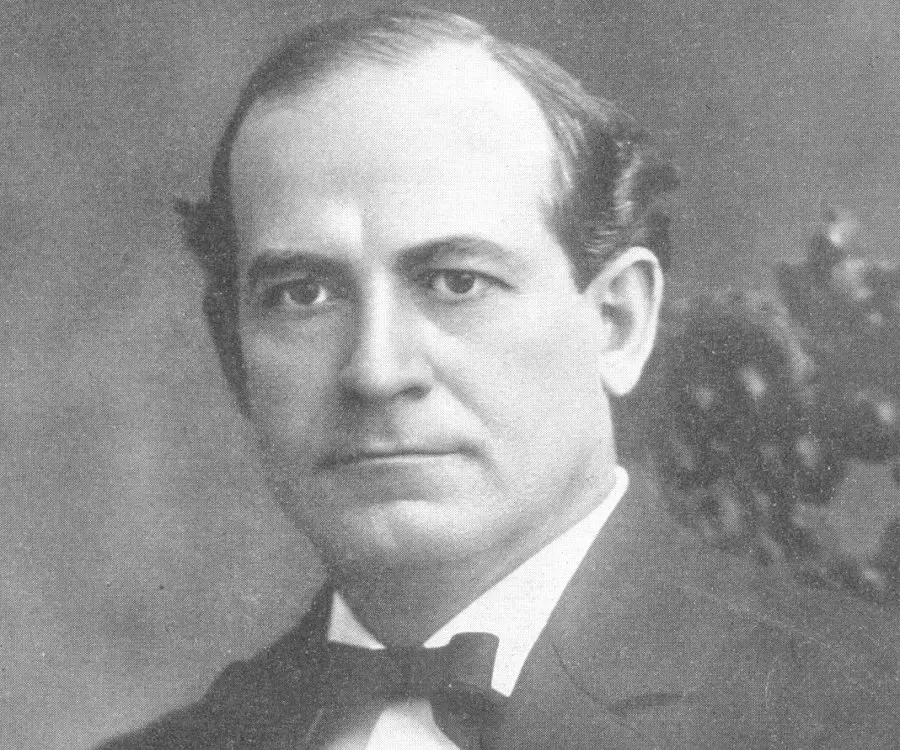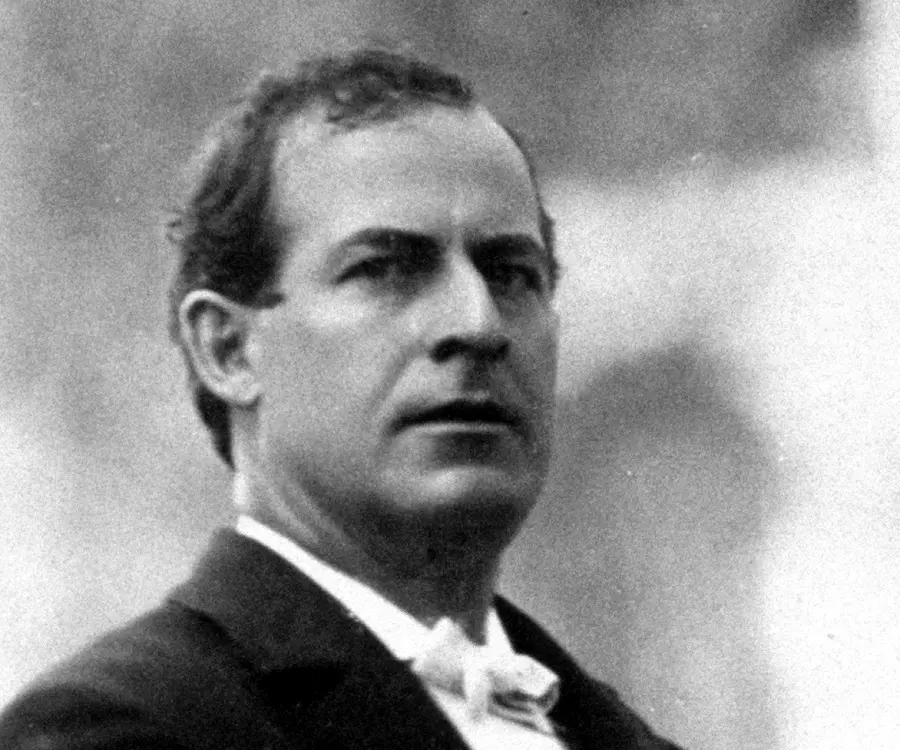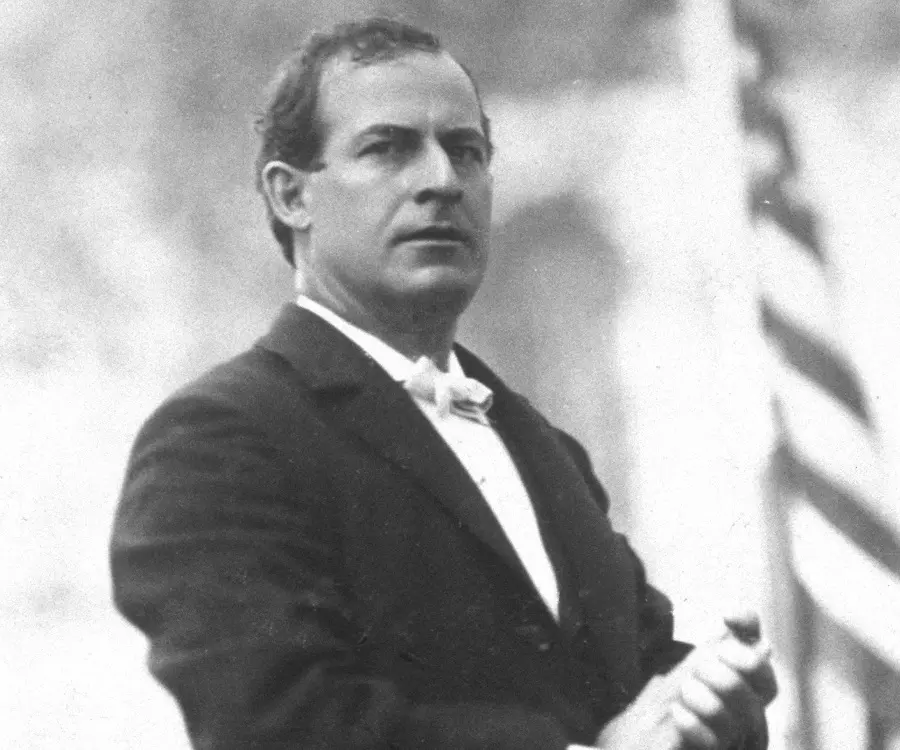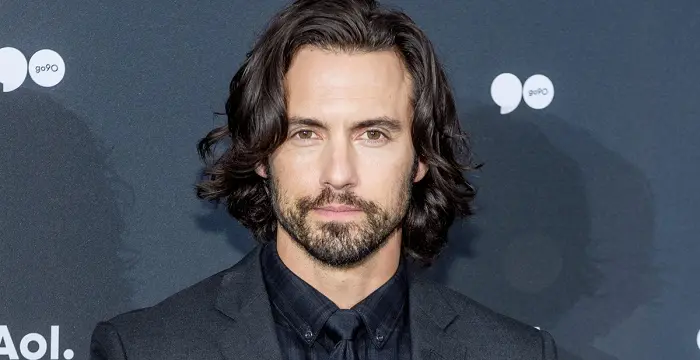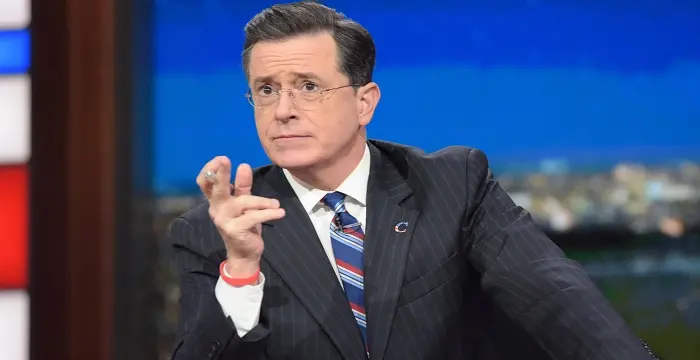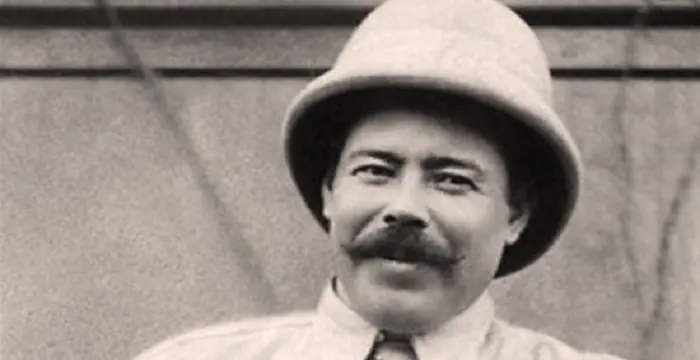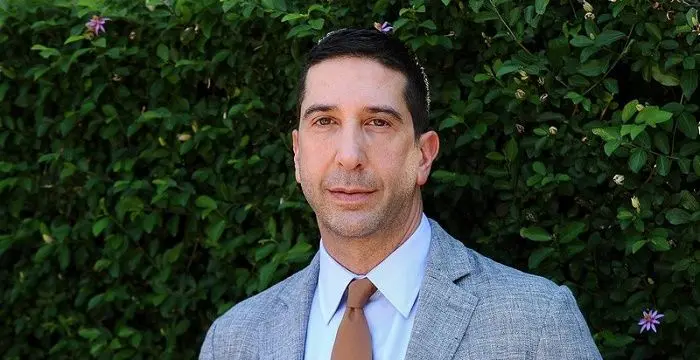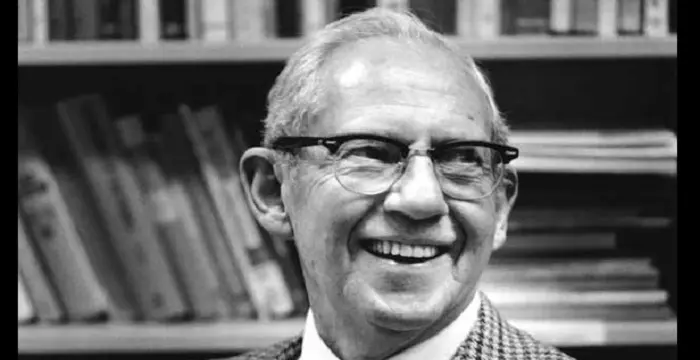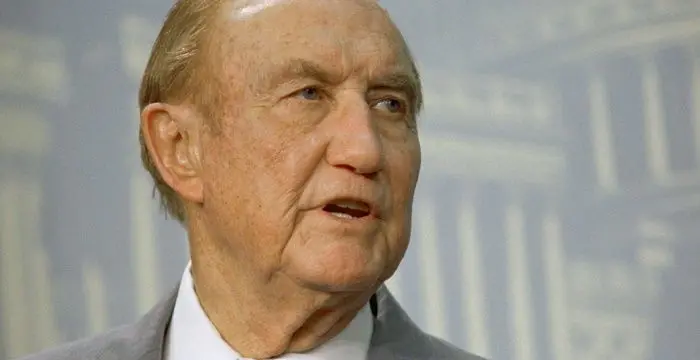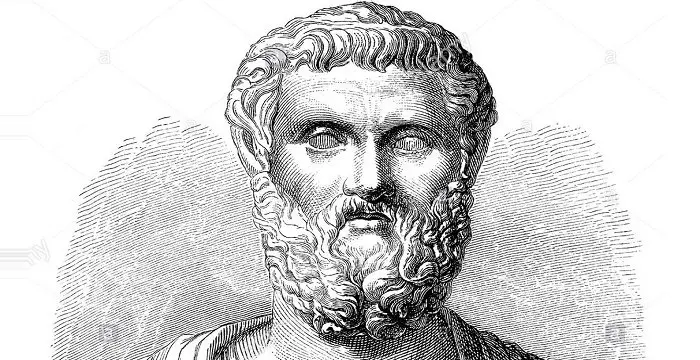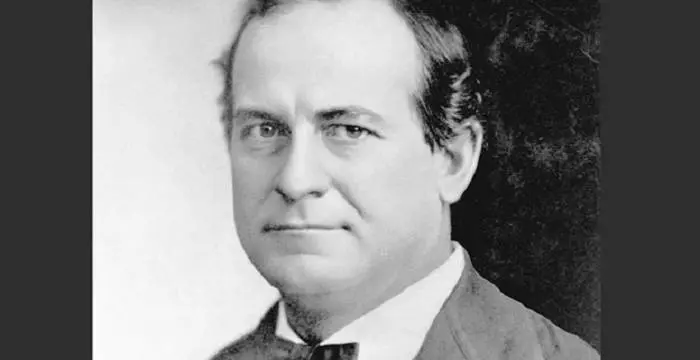
William Jennings Bryan - Former United States Secretary of State, Birthday and Family
William Jennings Bryan's Personal Details
William Jennings Bryan was a famous American politician
| Information | Detail |
|---|---|
| Birthday | March 19, 1860 |
| Died on | July 26, 1925 |
| Nationality | American |
| Famous | Democrats, Northwestern University, Leaders, Political Leaders, Former United States Secretary of State |
| Ideologies | Democrats |
| Spouses | Mary Baird |
| Siblings | Charles W. Bryan, Mary Bryan Allen |
| Childrens | William Jennings Bryan |
| Universities |
|
| Notable Alumnis |
|
| Birth Place | Salem |
| Political Ideology | Democratic |
| Gender | Male |
| Father | Silas Lillard Bryan |
| Mother | Mary Elizabeth Jennings |
| Sun Sign | Pisces |
| Born in | Salem |
| Famous as | Former United States Secretary of State |
| Died at Age | 65 |
// Famous Former United States Secretary of State
John Foster Dulles
John Foster Dulles was an influential U.S. Secretary of State. This biography of John Foster Dulles profiles his childhood, life, career, achievements and timeline.
William Jennings Bryan's photo
Who is William Jennings Bryan?
Deemed as one of the “celebrity politicians” of the 20th century, William Jennings Bryan was a famous American politician during the last decade of the 19th century and the first quarter of the 20th century. A first-rate orator, Bryan was also accredited for introducing ‘stumping tour’ in America. All his life, he lived in the glare of publicity and was active in politics till his last breath. Often dubbed as the hero of common man, Bryan was an advocate of laissez-faire and worked every inch towards it. Standing three times as a Democratic Party candidate for President of the United States (1896, 1900 and 1908), he could not win in all his three attempts. Nevertheless, he was appointed the Secretary of State under democratic president, Woodrow Wilson, where he proved his mettle as a decision-maker. He was opposed to Darwin’s theory of evolution and this made him a little unfavorable; he was often criticized for his religious fervor too. He never accepted Darwinism as he considered it a menace on Christianity and democracy. He even propelled an anti-evolution campaign to stop the spread of Darwin’s theory in schools and church. Despite his religious extremism, he never really lost the full support, respect and approval of his followers. He was one of very few politicians of his age who were admired for their persona more than their political stance.
// Famous Democrats
Milo Ventimiglia
Milo Ventimiglia is an American actor who became famous for his role as Peter Petrelli on the NBC television series Heroes. This biography profiles his childhood, early life, career, major works, awards, personal life, legacy and timeline.
Stephen Colbert
Stephen Colbert is an American comedian and satirist. Read the biography to learn all about his childhood, career, profile and timeline.
Pancho Villa
Pancho Villa is one of the most renowned names of the ‘Mexican Revolution’ who was also the Governor of Chihuahua. This biography provides detailed information about his childhood, profile, career and timeline
Childhood & Early Life
William was born to Silas Lillard Bryan and Mariah Elizabeth Bryan and was baptized at the age of 14 at the Cumberland Presbyterian Church.
He was mostly home-schooled and was admitted to Whipple Academy in Jacksonville, Illinois in 1874.
After finishing high school, he attended the Illinois College, from where he graduated in 1881.
He entered the Union College of Law and upon the completion of law studies in 1883, he joined the Illinois State Bar.
He stayed in Illinois and practiced law, before moving to Lincoln, Nebraska in 1887.
Career
In 1890, he won the election to the U.S. House of Representatives as a democratic candidate.
An excellent orator, he always took the lead when it came to delivering speeches. In 1896, when the silver market was on a decline, he addressed the Democratic National Convention, supporting ‘free silver’, which according to him was essential for the prosperity of the nation.
In 1896, he stood in the Presidential election and was (still is) the youngest candidate ever to contest this election, but eventually lost the election.
In 1898, he supported the Spanish-American war, but when the U.S. annexed Philippines, he raised his voice against it. He censured their imperialism, stating that the U.S. should not follow the footsteps of the Great Britain and their colonialism.
He fought the 1900 Presidential election on the plank of anti-imperialism but lost to Republican candidate, William McKinley.
In 1908, he made a third and his last unsuccessful attempt at the Presidential election.
Following his loss at the Presidential elections, he remained busy as a Chautauqua (adult education movement in the U.S.) speaker, perpetuating religious ideologies.
For his ardent support towards Thomas Woodrow Wilson in the presidential election of 1912, he was appointed the Secretary of State in 1913.
He resigned from the office in 1915 and campaigned as a private citizen for Woodrow Wilson the next year.
After his national campaign, the 18th Amendment of United States Constitution, which prohibited production, transport and sale of alcoholic beverages, was passed in 1918.
In 1920, he severely criticized the theory of evolution (Darwin’s theory), stating it as a threat to democracy and Christianity.
He launched an anti-evolution campaign in 1921 and in order to uproot this philosophy he ran for the post of Moderator of the General Assembly of the Presbyterian Church in the USA but he eventually lost.
In 1925, he participated in the ‘Scopes trial’ in which a high school teacher, John Scopes was found guilty of violating the ‘Butler’s Act’, according to which it was unlawful in Tennessee to teach human evolution. Though the case was initially won by Bryan, the Supreme Court reversed the verdict which led to the acquittal of Scopes.
Major Works
As the Secretary of State, one of his main accomplishments was to get 28 signatories to abstain from hostilities during arbitration of disputes, before World War I.
He was also instrumental in the Bryan–Chamorro Treaty in 1914, which allowed the U.S. to build a canal across Nicaragua and also gave the permission to form naval bases at the Gulf of Fonseca and on the Corn Islands.
During his presidential campaigns, he advocated Free Silver (for the progress of the nation), anti-imperialism (in protest the annexation of Philippines), antitrust law (to maintain market competition).
Towards the end of his political career, he participated in the controversial ‘Scopes’ trial’ in which he denounced Darwinism and the theory of evolution.
Personal Life & Legacy
Bryan married Mary Elizabeth Baird on October 1, 1884 with whom he had three children.
Five days after the ‘Scopes’ trial’, he died in his sleep and was interred at the Arlington National Cemetery, where his tombstone reads "He kept the Faith."
The ‘Bryan County’ in Oklahoma is named after the politician. The Bryan College in Dayton, Tennessee is also named after him while his house in Nebraska was declared a historic landmark.
Trivia
This famous American politician was and still is the youngest ever candidate to run for the Presidential election.
This renowned American politician was the first presidential candidate to campaign in a car!
// Famous Northwestern University
Stephen Colbert
Stephen Colbert is an American comedian and satirist. Read the biography to learn all about his childhood, career, profile and timeline.
David Schwimmer
David Shwimmer is an American actor who is best known for his portrayal of ‘Ross Geller’ in the famous American sitcom ‘Friends.’ This biography profiles his childhood, family, personal life, career, etc.
George Joseph Stigler
George Stigler was one of the most influential economists of the 20th century. Check out this biography to know about his childhood, family life, achievements and other facts related to his life.
William Jennings Bryan biography timelines
- // 19th Mar 1860William was born to Silas Lillard Bryan and Mariah Elizabeth Bryan and was baptized at the age of 14 at the Cumberland Presbyterian Church.
- // 1874He was mostly home-schooled and was admitted to Whipple Academy in Jacksonville, Illinois in 1874.
- // 1881After finishing high school, he attended the Illinois College, from where he graduated in 1881.
- // 1883He entered the Union College of Law and upon the completion of law studies in 1883, he joined the Illinois State Bar.
- // 1st Oct 1884Bryan married Mary Elizabeth Baird on October 1, 1884 with whom he had three children.
- // 1887He stayed in Illinois and practiced law, before moving to Lincoln, Nebraska in 1887.
- // 1890In 1890, he won the election to the U.S. House of Representatives as a democratic candidate.
- // 1896An excellent orator, he always took the lead when it came to delivering speeches. In 1896, when the silver market was on a decline, he addressed the Democratic National Convention, supporting ‘free silver’, which according to him was essential for the prosperity of the nation.
- // 1896In 1896, he stood in the Presidential election and was (still is) the youngest candidate ever to contest this election, but eventually lost the election.
- // 1898In 1898, he supported the Spanish-American war, but when the U.S. annexed Philippines, he raised his voice against it. He censured their imperialism, stating that the U.S. should not follow the footsteps of the Great Britain and their colonialism.
- // 1900He fought the 1900 Presidential election on the plank of anti-imperialism but lost to Republican candidate, William McKinley.
- // 1908In 1908, he made a third and his last unsuccessful attempt at the Presidential election.
- // 1912 To 1913For his ardent support towards Thomas Woodrow Wilson in the presidential election of 1912, he was appointed the Secretary of State in 1913.
- // 1914He was also instrumental in the Bryan–Chamorro Treaty in 1914, which allowed the U.S. to build a canal across Nicaragua and also gave the permission to form naval bases at the Gulf of Fonseca and on the Corn Islands.
- // 1915He resigned from the office in 1915 and campaigned as a private citizen for Woodrow Wilson the next year.
- // 1918After his national campaign, the 18th Amendment of United States Constitution, which prohibited production, transport and sale of alcoholic beverages, was passed in 1918.
- // 1920In 1920, he severely criticized the theory of evolution (Darwin’s theory), stating it as a threat to democracy and Christianity.
- // 1921He launched an anti-evolution campaign in 1921 and in order to uproot this philosophy he ran for the post of Moderator of the General Assembly of the Presbyterian Church in the USA but he eventually lost.
- // 1925In 1925, he participated in the ‘Scopes trial’ in which a high school teacher, John Scopes was found guilty of violating the ‘Butler’s Act’, according to which it was unlawful in Tennessee to teach human evolution. Though the case was initially won by Bryan, the Supreme Court reversed the verdict which led to the acquittal of Scopes.
- // 26th Jul 1925Five days after the ‘Scopes’ trial’, he died in his sleep and was interred at the Arlington National Cemetery, where his tombstone reads "He kept the Faith."
// Famous Political Leaders
Edi Rama
Edi Rama is the current Prime Minister of Albania. Check out this biography to know about his childhood, life, achievements, works & timeline.
Khalifa bin Zayed Al Nahyan
Sheikh Khalifa bin Zayed Al Nahyan is the current President of the United Arab Emirates (UAE). Check out this biography to know about his birthday, childhood, family life, achievements and fun facts about him.
Leo Varadkar
Cam Leo Varadkar is the current Taoiseach—the Prime Minister—of the Republic of Ireland. Check out this biography to know about his childhood, family life, achievements and other facts about his life.
Strom Thurmond
Strom Thurmond was an American politician, who represented the state of South Carolina in the United States senate for 48 years.
Solon
Solon was an Athenian lawmaker, poet and politician. He is considered as one of the ‘Seven Wise Men’ in Greek culture. This biography provides detailed information about his childhood, life, career, works, achievements and timeline.
Mohammed bin Salman
Mohammed bin Salman is the Crown Prince of Saudi Arabia and the heir apparent to the throne. Check out this biography to know about his childhood, family life, achievements and other facts about him.
William Jennings Bryan's FAQ
What is William Jennings Bryan birthday?
William Jennings Bryan was born at 1860-03-19
When was William Jennings Bryan died?
William Jennings Bryan was died at 1925-07-26
Where was William Jennings Bryan died?
William Jennings Bryan was died in Dayton
Which age was William Jennings Bryan died?
William Jennings Bryan was died at age 65
Where is William Jennings Bryan's birth place?
William Jennings Bryan was born in Salem
What is William Jennings Bryan nationalities?
William Jennings Bryan's nationalities is American
What is William Jennings Bryan ideologies?
William Jennings Bryan's ideologies is Democrats
Who is William Jennings Bryan spouses?
William Jennings Bryan's spouses is Mary Baird
Who is William Jennings Bryan siblings?
William Jennings Bryan's siblings is Charles W. Bryan, Mary Bryan Allen
Who is William Jennings Bryan childrens?
William Jennings Bryan's childrens is William Jennings Bryan
What was William Jennings Bryan universities?
William Jennings Bryan studied at Northwestern University, Illinois College, Northwestern University School of Law
What was William Jennings Bryan notable alumnis?
William Jennings Bryan's notable alumnis is Northwestern University
What is William Jennings Bryan's political ideology?
William Jennings Bryan's political ideology is Democratic
Who is William Jennings Bryan's father?
William Jennings Bryan's father is Silas Lillard Bryan
Who is William Jennings Bryan's mother?
William Jennings Bryan's mother is Mary Elizabeth Jennings
What is William Jennings Bryan's sun sign?
William Jennings Bryan is Pisces
How famous is William Jennings Bryan?
William Jennings Bryan is famouse as Former United States Secretary of State
